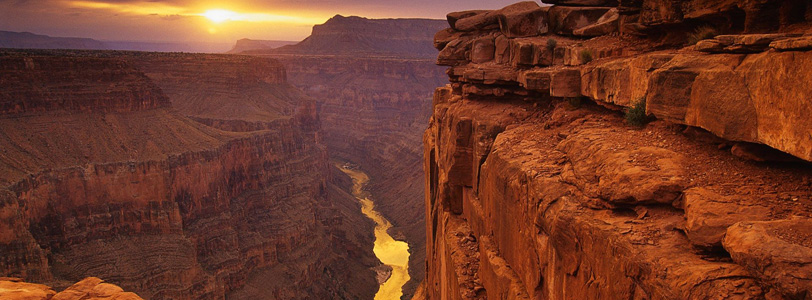It seems as with each passing day that public lands are becoming more and more present on the frontlines of the American social consciousness. For years these lands have gotten so much bipartisan support that we forgot that there are still those out there who aren’t particularly fond of them. In recent years, and even weeks, it has become more and more evident that these special places aren’t beloved by everyone, and that if we want to keep them around the way they are now, we need to be aware of that.
Federal ownership of land in the western United States has triggered conflicts for decades. Why is that? As of right now the federal government manages 640 million acres, or nearly a third of the United State’s landmass. Much of that is found in the West. Many people enjoy these lands for a variety of purposes, both recreational and non-recreational. But some see the rules that the government places on these lands as too restrictive and would love to open it up to different kinds of unrestricted use. Others feel that the transfer of these lands to state or private use, would further restrict their access to it.
In early 2016 a wildlife refuge in remote eastern Oregon made headlines when a group of armed men took over their visitor center. They did so to further advance their view that the United States Forest Service and the Bureau of Land Management were constitutionally required to turn over their lands to the individual states. For six weeks they held siege on the refuge and brought to attention to the anti-government, anti-public lands platform. This platform gained much traction in rural parts of the US.
About a year later, in January of this year, Utah Congressman Jason Chaffetz introduced bill HR 621 which would have transferred federally held lands back to the states. There was much bipartisan outrage and backlash against this bill. Some felt that a transfer to the states would limit their access to hunting and fishing, while others were concerned about removing the federal protections from these beautiful places and the potential damage it could cause. Chaffetz did eventually withdraw the bill, but he continued to urge President Donald Trump to reverse the designation of recently created Bears Ears National Monument in Southeastern Utah. The fight for Bears Ears has now drawn international attention to the United States public lands struggle.
This past month, President Donald Trump signed an executive order to review all recent national monument designations made under the Antiquities Act. At this moment it is unclear why he is demanding a review, or what it will ultimately mean for these places, but many fear and speculate that he may be taking away their national monument designation to open up these lands to things such as drilling, fracking, and real estate development.
What all of these have in common is that they show us that we need to change the way that we think about public lands. The beautiful places we sometimes take for granted may not always be around. They aren’t universally beloved, but those that do love them need to be prepared to fight for them as the threats facing them continue to increase.

